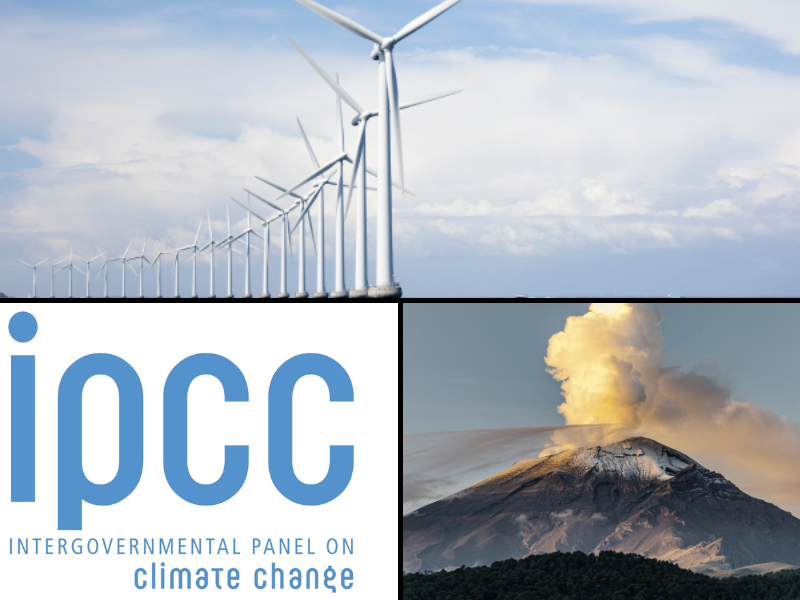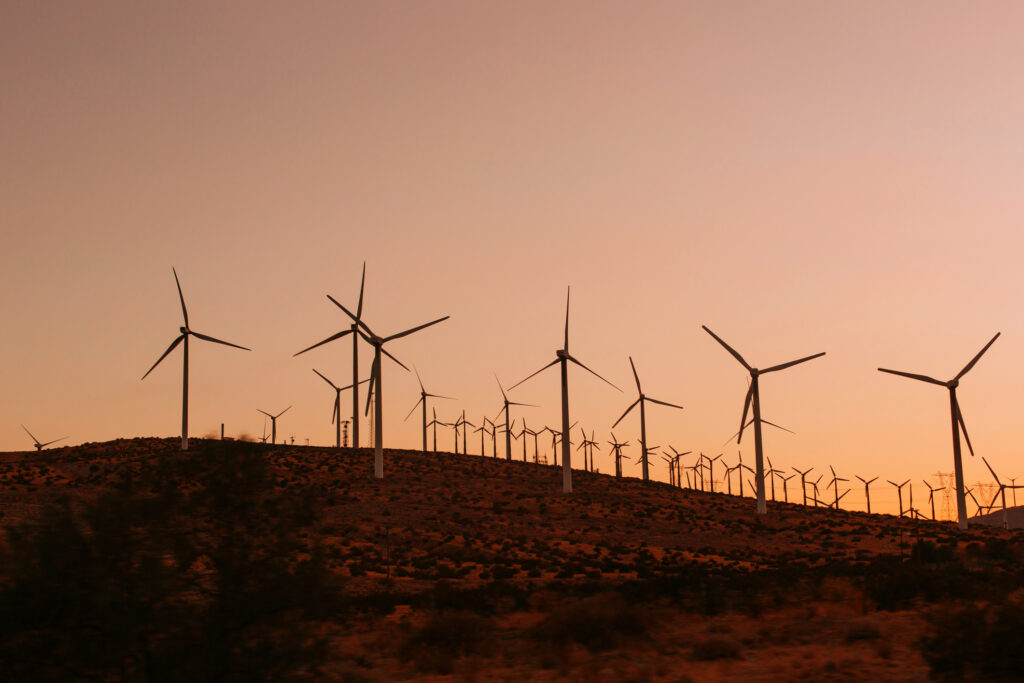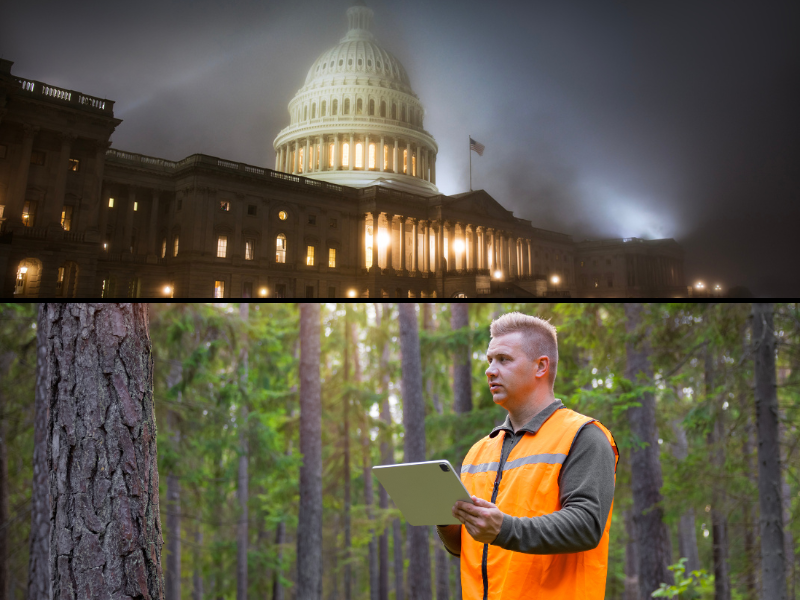There’s an old saying that when presenting a legal case, if the facts are on your side, “pound the facts,” but if the facts are against you, “pound the table.” The report of the UN’s Intergovernmental Panel on Climate Change (IPCC) released on September 27th is an obvious example of pounding the table.
The facts, which the IPCC’s report admits to, albeit with obvious reluctance and a good deal of obfuscation, show that humanity’s impact on global climate is too small to justify concern and is certainly no reason for the costly programs governments are imposing. Yet the IPCC persists in asserting the opposite. They state that they are more convinced than ever that global warming is caused mainly by our greenhouse gas emissions and that the world face catastrophe if we don’t radically change our ways. Even though the IPCC’s past forecasts have been spectacularly wrong, the UN panel claims even higher confidence today—95%—that they’ve finally got it right.
They haven’t. The IPCC’s theatrics are clearly an attempt to misdirect public, media, and government attention away from the scientific fact that climate change is overwhelmingly due to natural forces. People are emitting more carbon dioxide (CO2) than ever, from power plants, automobiles, and industrial activity, but the earth has not warmed for at least the past 15 years.
None of the computer models the IPCC references predicted this. The world was warmer in the 13th century than now, yet CO2 levels then were far lower than today. Global ice cover—a big concern of alarmists predicting rapid sea level rise—hasn’t changed significantly since satellite measurements began in 1979, and Antarctic ice, which is eight times greater than Arctic ice, is not receding. Sea level rise has remained at roughly the same gradual rate for the past few centuries, and is now only 1/10th that of 8,000 years ago when large quantities of ice were melting. Extreme weather across the world has generally declined. For example, the National Oceanic and Atmospheric Administration reports that the U.S. is on pace for the fewest number of tornadoes in recorded history, while tropical cyclone activity (hurricanes in the North Atlantic) is near a thirty-year low.
Regardless, nobody, including the IPCC, knows what an ideal climate would be, or even whether there is such a thing. Attempting to stop climate change makes about as much sense as trying to halt the earth’s rotation: we can’t do it, and there’s no good reason to try.
IPCC’s history of repeated and frequent mistakes
Given the IPCC’s history of repeated and frequent mistakes, it’s perfectly clear that they are a political organization, not a scientific one. Its primary purpose is to provide pseudo-scientific cover for a UN-led transfer of resources from people in wealthy countries to those in poor nations, while keeping poor nations from ever becoming rich. The IPCC should be disbanded and non-governmental scientists encouraged to publicize their conclusions without censor or intimidation from the UN, academia and other alarmists.
That’s not likely to happen soon, however. Too many people are profiting from global warming alarmism, as governments spend hundreds of billions of dollars each year attempting to overcome nature. Compliant scientists gain access to vast amounts of research funding if they characterize Western nations as the cause of every bad weather event. Instead of admitting that they made one of the biggest mistakes in history, governments continue to prop up the IPCC and pretend it’s findings are meaningful.
Global cooling or public apathy will eventually dry up IPCC funding and the organization will finally disband. For that to happen any time soon, however, will require that taxpayers in the nations that actually pay for the UN demand the end of the IPCC. And while they’re at it, voters would do well to call for an end to all the other costly, unnecessary government boondoggles adopted in the name of global warming, such as expensive and environmentally harmful renewable power mandates.
Toward that end, the public and the press clearly need a reliable source of climate science information, one not controlled by the UN or any government. Fortunately, there is one—the Nongovernmental International Panel on Climate Change (NIPCC). Several days before the IPCC report was released, the NIPCC issued its current report, Climate Change Reconsidered II (CCR-II), a book of more than a thousand pages citing nearly 5,000 peer-reviewed scientific references and written or reviewed by some 50 climate scientists. The scientists firmly conclude nature, not man, controls the climate. It’s available at http://climatechangereconsidered.org/.
With the release of the CCR-II report, we can only hope that the pounding you’ll soon be hearing are the nails going into the IPCC’s coffin.






